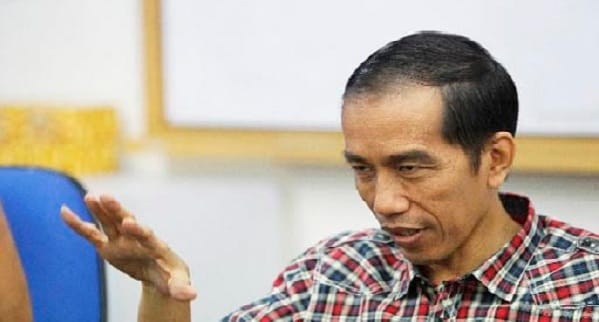Joko Widodo (Jokowi), the wildly popular Governor of Jakarta, has been chosen as the presidential candidate of the Indonesian Democratic Party of Struggle (PDI-P). Jokowi, who has been in his current job for only one year and five months, has the support of 40 per cent of the population, four times more than his closest rival, Prabowo Subianto of Gerindra.
Jokowi is therefore widely tipped to win the presidential elections. If he wins more than half the votes in the July presidential elections, he will not need to contest in runoff elections. His rise has been meteoric; he has gone from being the owner of a furniture business to, potentially, Indonesia’s next president. In light of this, there are three things to watch out for.
First, Jokowi has a reputation of being a political “outsider”. He derives much of his popularity from the general public, and not from Indonesia’s entrenched patronage networks. Nevertheless, Jokowi is only able to run because of the permission of former president Megawati Sukarnoputri, the leader of the PDI-P. Megawati was believed to have wanted to run for president herself, and her picking Jokowi as presidential candidate means that she will not be able to run. Therefore, if he takes the top spot, it will be interesting to see whether government posts go to members of Megawati’s circle, or whether Jokowi will grant them to other “outsiders”.
Second, Jokowi’s agenda has mostly focused on domestic policy. However, Indonesia is involved in many international groupings, such as ASEAN, APEC, the G20 and the like. It remains to be seen how Jokowi, who has no experience in international relations, will be able to handle this new challenge.
Finally, Jokowi will have to contend with the constraints of his office. Indonesia’s administration is highly decentralised, with provincial and local leaders wielding huge power over their individual areas. He will need to muster all of his political skills in order to assert his authority.
Jokowi’s candidacy holds much promise. He has proven himself to be an able administrator and is untainted by accusations of corruption, and his presidency is likely to be characterised by a pragmatic approach. The challenge, though, is whether he will be able to live up to these great expectations if elected president.




